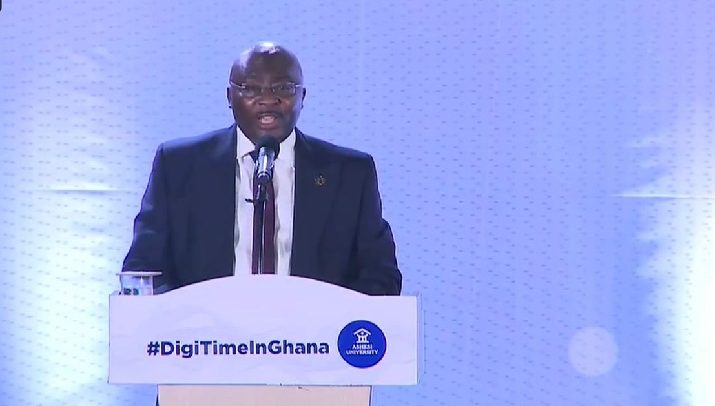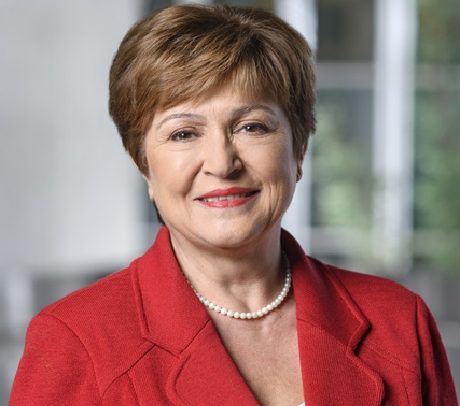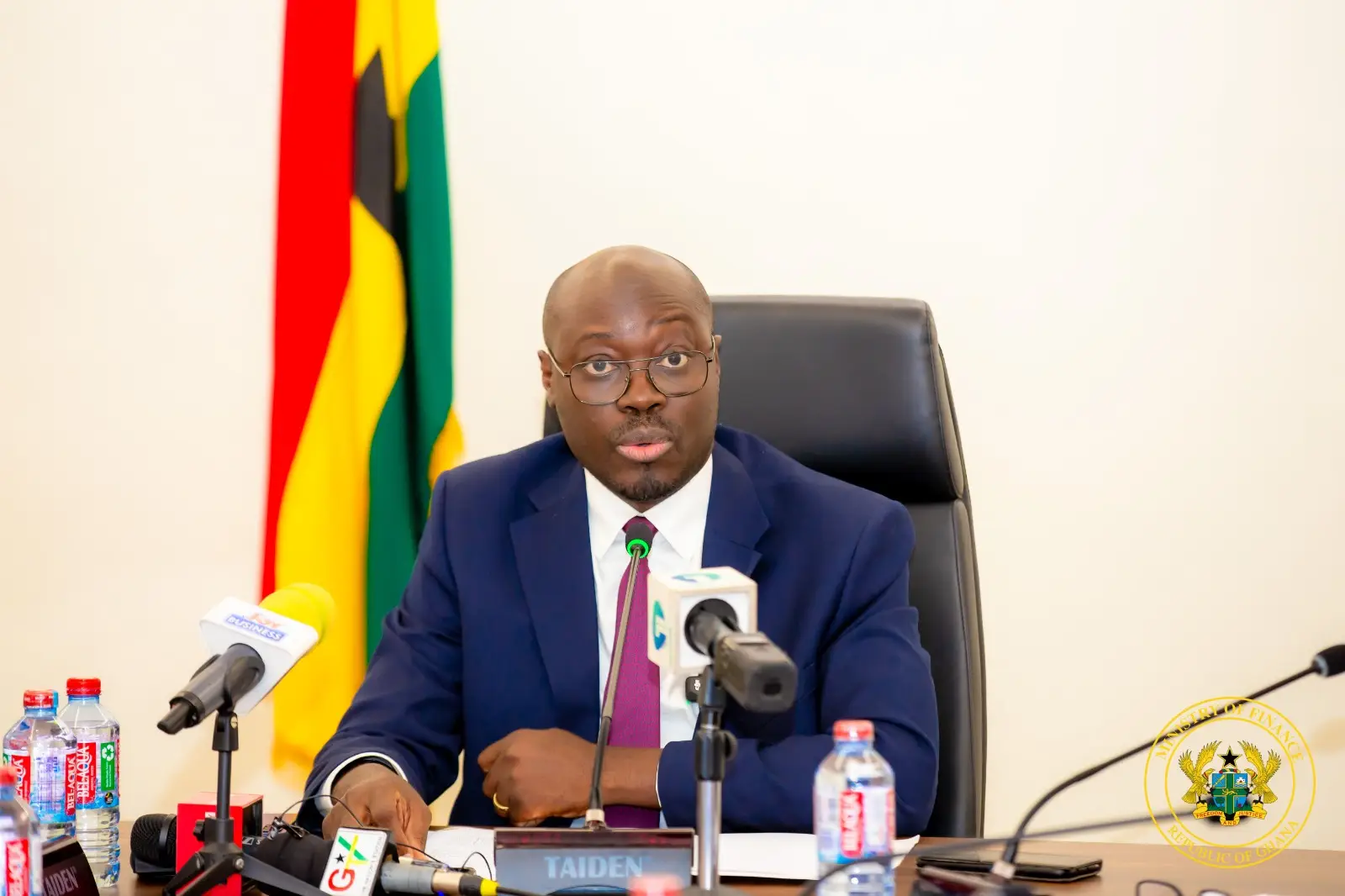
Ms Ayisi
Mrs Barbara Asher Ayisi, the Deputy Minister of Education in charge of Technical and Vocational Education and Training (TVET), says girls were underrepresented in TVET programmes and called for consistent dialogue to reduce gender stereotyping and improve female participation.
She said vocational skills training and capacity building for both genders were key priorities to sustainable development of any nation.
Speaking at a national Stakeholder's TVET Dialogue in Accra last Wednesday, Mrs Ayisi said government was making all efforts to gradually reverse the situation to ensure equal representation of males and females in TVET.
The Dialogue, on the theme: "Empowering the Girl-Child, the Role of TVET," was organised by the Ministry of Education and Plan International Ghana.
Participants included policy makers, civil society activists, students and donor partners, who discussed and provided solutions to issues affecting TVET in the country.
Mrs Ayisi, who represented the sector Minister, Dr Matthew Opoku Prempeh, said the lack of appropriate technical and entrepreneurial skills and knowledge within the private and public sectors could lead to under-development of any nation.
She said vocational and technical training was the most practical avenue for acquiring readily employable skills and that Africa needed the competent skills of artisans and technicians to man the various sectors of the economy.
Ms Ayisi mentioned building and construction industries, power and energy, water distribution and sanitation systems, hospitality, agro processing and public works as some of the skills needed to grow any nation's economy.
She said many countries of the developed world attained their current level of development because of TVET, which had become the main driver of economic growth and sustainability.
However, most African countries had, hitherto, not given TVET the needed recognition, but many governments had now come to appreciate the role of TVET in national development and rolling out strategies to develop talents of young people in industrialisation, she said.
Ms Ayisi said in Ghana, the Council for Technical and Vocational Educational Training (COTVET), mandated by law to promote skills development at all levels, was leading in government policy to improve female participation in TVET.
She said the government was improving infrastructure of institutions and currently constructing 20 modern TVET institutions in various parts of the country to create access and opportunities for more girls.
COTVET was also implementing a five-year strategic plan for TVET that envisages other several strategies such as reviewing and converting the curricula into a competency-based training notes and promoting career guidance and counselling, skills gap analysis, needs assessment and profiling to improve on the sector.
Mr Solomon Tesfa-Mariam, the Country Director of Plan International, expressed worry that girls who drop out of school were sometimes victims of child trafficking, commercial sexual exploitation, and child marriage among other vices.
He, therefore, commended the Ministry of Education for bringing together key players to discuss how to empower all girls through TVET, and the Girls Advocacy Alliance, an NGO, for ensuring that girls were enrolled in school as part of its contribution to national development.
Mr Tesfa-Mariam called on the government to allocate more resources to TVET to enable more girls to acquire vocational training and skills.
Mr Ron Strikker, the Netherlands Ambassador to Ghana, said education and skills were very vital in the development of a country, hence the allocation of 60 million Euros by the Dutch Government, every year, to enhance TVET.
"We also have the "Orange Knowledge Programme" formerly the "Netherlands Scholarship Programme" that supports needy people in developing countries as we target the SDGs. It also supports TVET," he said.
GNA
Read Full Story






















Facebook
Twitter
Pinterest
Instagram
Google+
YouTube
LinkedIn
RSS